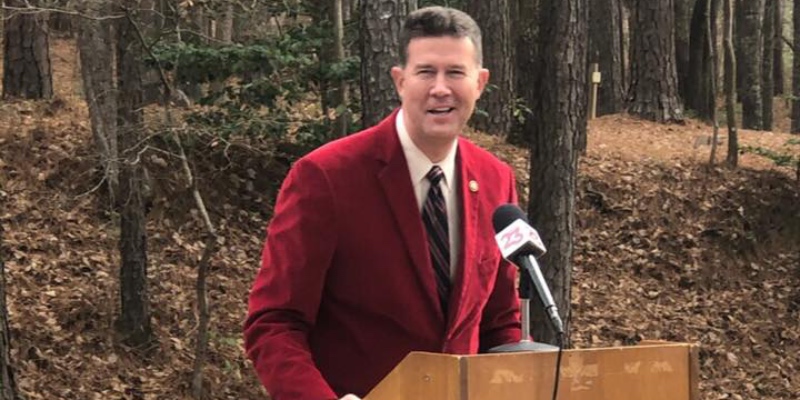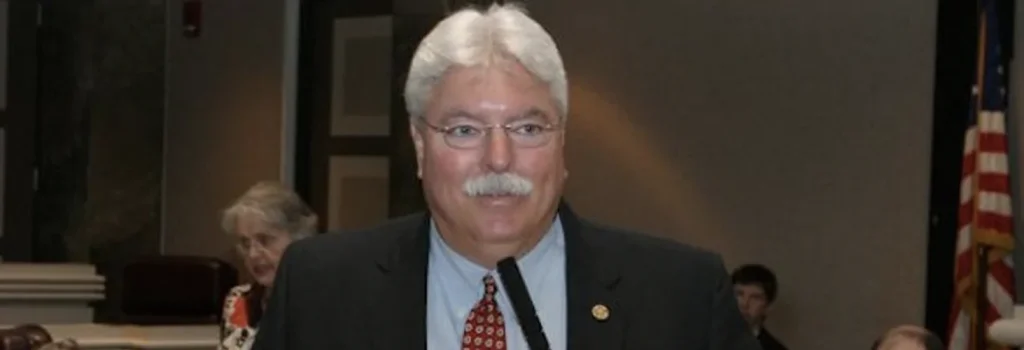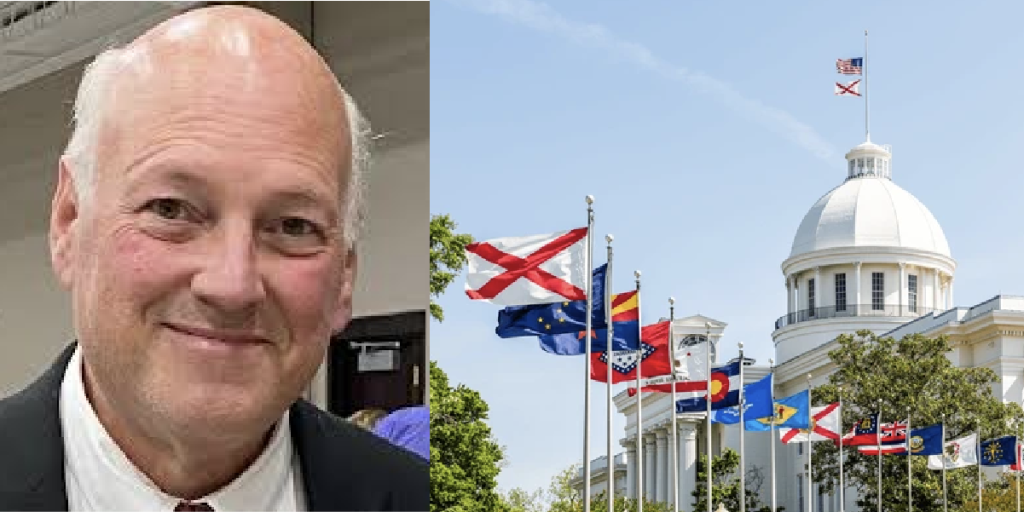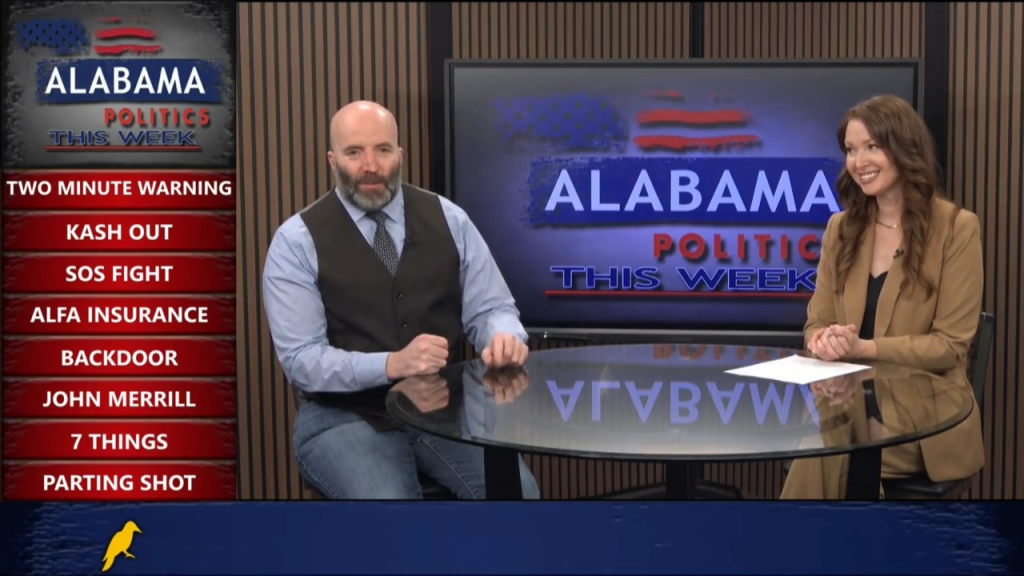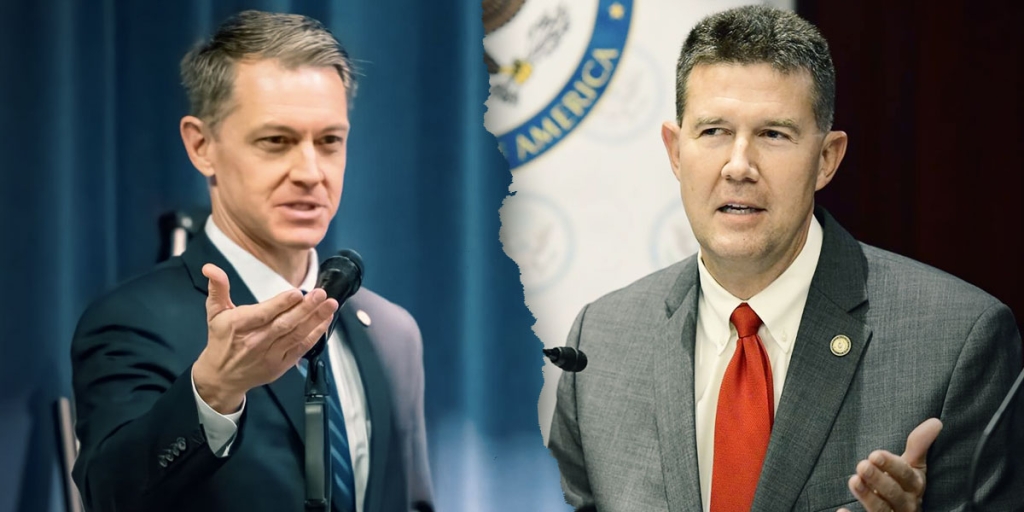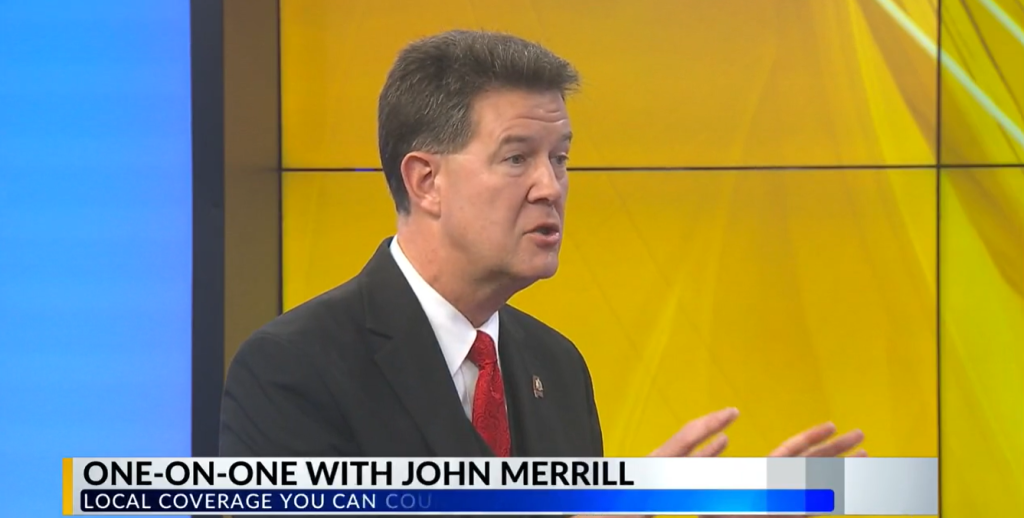Alabama Secretary of State John Merrill has been announced as the co-chair of a new commission that is attempting to identify best practices in election administration and share them with state officials.
The commission is being created in partnership with the Republican State Leadership Committee (RSLC), a national campaign committee dedicated to electing conservatives at the state level of government.
“While there is no one-size-fits-all solution to anything, every state in the nation should be working to assess and improve their respective election laws. I look forward to working with my colleagues on this commission to be a resource for the leaders across the country who are taking the necessary steps forward to improving the process,” Merrill said in a statement on Wednesday.
A key priority for the commission is restoring “the American people’s confidence in the integrity of their free and fair elections.”
The group plans to convene state leaders from throughout the country to discuss what policies have best served the goal of making voting accessible while making election fraud impossible.
“We want to find the best practices that are used in every state in the union, and make sure those are available for legislative bodies in the 50 states to consider as options,” Merrill explained to the editorial board of the Wall Street Journal.
RELATED: Alabama only state to receive ‘A’ for election integrity from conservative watchdog group
The commission has adopted a phrase often used by Merrill in public appearances, saying their goal is to make it “easier to vote and harder to cheat.”
Michigan State Senator Ruth Johnson (R) will serve alongside Merrill as the commission’s other co-chair.
Their group will focus on five main categories: empowering states, ensuring voter roll accuracy, securing absentee and mail-in voting, increasing transparency for in-person voting, and streamlining the canvassing process.
The commission is not taking a stance on mail-in versus in-person voting, saying that “Every state is different,” and maintaining that “[r]estoring public confidence in our elections will not be solved by one-size-fits-all mandates from Washington.”
Merrill told the Journal that the commission began soliciting ideas for voting-related legislation weeks ago and is now examining the ideas put forth. He said the group hopes to have something to submit to state leaders for discussion in the coming weeks.
“Increasing voter participation in this country will require thoughtful repairs to restore the public’s confidence in our electoral process, and we need to make the reforms necessary to regain trust in the process,” stated Merrill.
The commission’s five election integrity key principles are as follows:
EMPOWERING STATES
Restoring public confidence in our elections will not be solved by one-size-fits-all mandates from Washington. Every state is different, and to guarantee that election results are accurate and are administered in a fair and efficient manner, elections must remain controlled by the states. Some states will continue to emphasize election day voting; others will have more expansive mail-in and early voting elements, while still others will elect to do all mail-in ballot. Whatever path a state takes, it should maintain its own codified uniform standards for consistent administration across their counties and local jurisdictions.
ENSURING VOTER ROLL ACCURACY
Our voter rolls are the pillars upon which secure elections are built and if they are not correct, then the integrity of the rest of the process can be compromised. Each state should be diligent in maintaining accurate voter rolls in compliance with the National Voter Registration Act (NVRA) of 1993 by offering registration through various platforms and options, and by contacting voters routinely for corrections and updates. States should be transparent about their auditing practices and standards to better inform voters and make it possible for election officials to be held accountable.
SECURING ABSENTEE / MAIL-IN VOTING
Every eligible United States citizen who is a legal resident of their state and has properly registered, should be able to vote without any encumbrance and absentee and mail-in voting options should be encouraged. States should, however, look to strengthen these methods through proper signature verification (matching signatures against voter registration records, not ballot applications), photo ID submission, and timely ballot return requirements. The more confidence Americans have that others cannot vote in their place, that their ballot will be received and counted in a judicious manner, and that their vote cannot be compromised by tampering with the mail-in voting process, the more people will use these in-person voting alternatives.
INCREASING TRANSPARENCY FOR IN-PERSON VOTING
In-person voting should be an orderly and transparent process that provides citizens a recourse when they think the law is not being followed. Giving Americans the tools to better scrutinize their elections will strengthen trust in the system and lead to more voter participation. To achieve this, election officials should be trained and credentialed to properly administer the in-person voting process and each state should provide a means for those individuals to be thoroughly monitored by outside observers at every step of the process. States should also provide a mechanism, including but not limited to an online submission form, telephone hotline, or mailing option, so that voters may report and notify the necessary agencies of any potential fraud, irregularity, misconduct, or violation during their voting experience.
STREAMLINING THE CANVASSING PROCESS
Voters should not have to wait days or weeks to know the outcome of an election. The longer a count takes, and the more allowances that have to be made during the course of the canvassing process, the less assurance voters can have that the process is fair. That’s why every legal vote cast by the end of Election Day, with the exception of the Uniformed and Overseas Citizens Absentee Voting Act (UOCAVA) ballots, should be counted, in an uninterrupted fashion, until an unofficial winner is determined. All standards for certification should be followed without exception. States should also consider processing, validating, and preparing mail-in ballots as they are received in advance of the election day so they can be quickly tabulated and results released election night.
Henry Thornton is a staff writer for Yellowhammer News. You can contact him by email: [email protected] or on Twitter @HenryThornton95.




